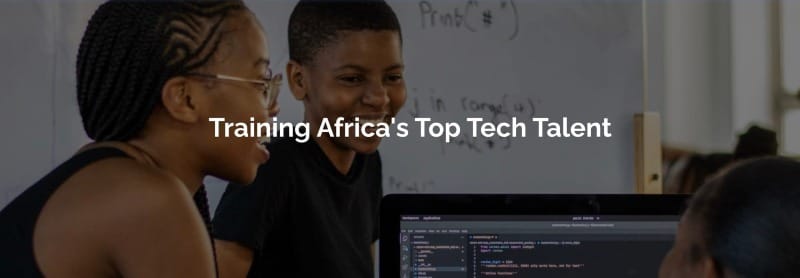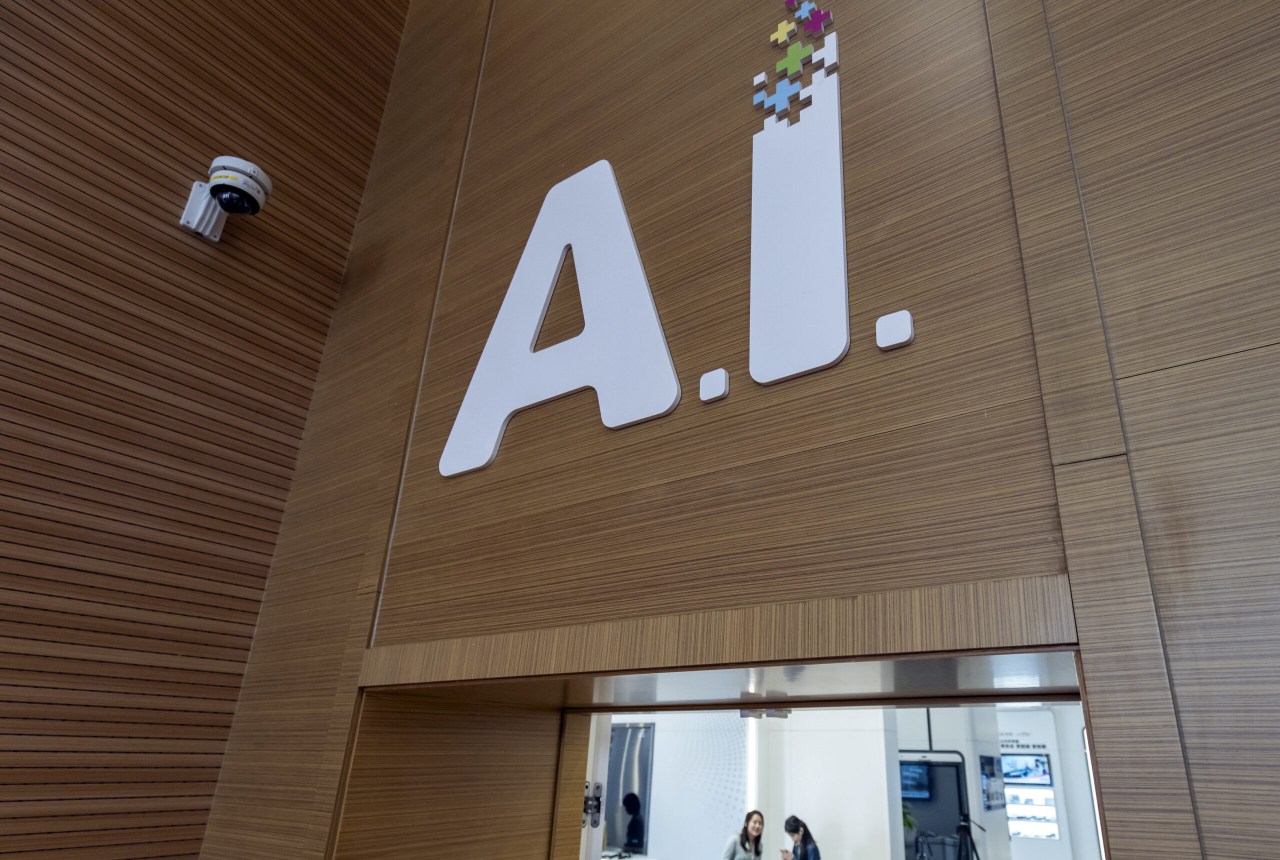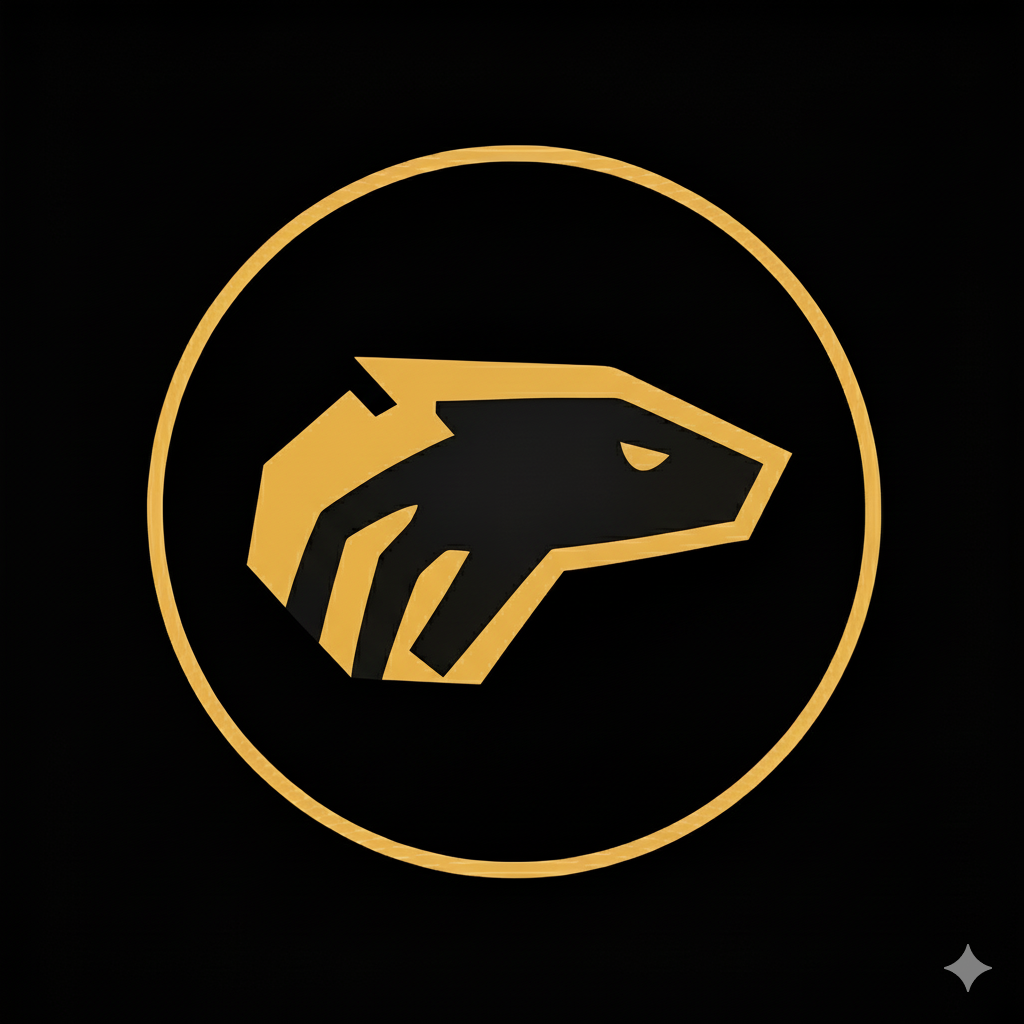Building an AI Workforce: Training Paths That Turn Shortages into Strengths

South Africa is standing at a turning point.
The pressure to adopt artificial intelligence (AI) tools is building across every industry—from finance and logistics to education, health, and creative sectors. Yet, while the demand for AI fluency is rising, the talent to support this transformation is in critically short supply.
60% of African organisations see AI skills as essential to success—but 100% expect to face talent shortages.
(Daily Maverick, 2025)
This isn't just a tech-sector issue. It's a national priority—and a personal one for every young South African looking for a foothold in the future of work.
🧠 AI Readiness: It’s Not Just About Coding
The biggest myth? That AI is only for coders.
While technical roles are vital, the future AI workforce also needs:
- Strategists who can frame problems AI can help solve
- Communicators who can translate between tech and business teams
- Ethicists and facilitators who can guide the responsible use of tools
- Operators who can integrate AI into day-to-day workflows
AI doesn’t remove the need for people—it amplifies the value of those who know how to collaborate with it.
💡 The Talent Is Here. The Training Must Catch Up.
That’s why initiatives like WeThinkCode_ stand out.
In June 2025, Google awarded the South African tech academy $2 million (R35.9 million) to expand AI training across five campuses in South Africa and Kenya. Their programme will train 12,000 learners by 2026, including both aspiring software engineers and non-technical professionals from sectors like education, law, and healthcare.
What makes WeThinkCode different?
- Tuition-free and aptitude-based—no matric required
- Focus on underrepresented groups (60% of students come from extreme low-income households)
- Over 90% placement into permanent tech jobs
- A proven model integrated with public TVET colleges
This is what scaling inclusive, future-ready skills development looks like.
📖 More on the Google-WeThinkCode_ investment
🌍 Skills That Travel — Locally and Globally
With South Africa’s youth unemployment hovering near 60%, the real opportunity may lie in building skills that aren’t tied to one employer—or even one country.
Freelance platforms, remote jobs, and AI-assisted entrepreneurship are within reach for anyone with the right know-how. The internet doesn’t ask for your postcode—it asks what you can do.
📚 Where to Start? Right Where You Are.
You don’t need a formal degree to begin. There are dozens of open-access programmes from tech leaders like Google, Microsoft, and open-source communities. Just ten hours a week learning AI tools—from ChatGPT to Gemini to open-source notebooks—can build career-defining capabilities.
✅ Final Thought
“In an agentic AI world, the most valuable skill might not be writing code—but understanding how to make machines work better with humans.”
— Daily Maverick
South Africa’s AI skills crisis is a challenge. But it’s also an invitation. The talent is here. The drive is here. The question is—who’s willing to start?

This is not the future. This is now.
The next great AI operator, prompt engineer, strategist, or trainer might not come from Silicon Valley.
They might come from Sebokeng, Mthatha, or Durban. And they might be you.


